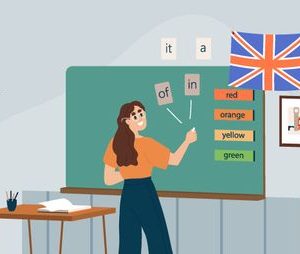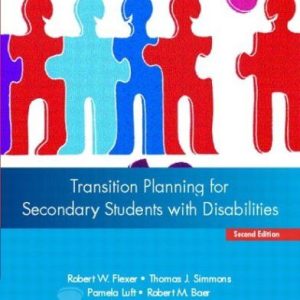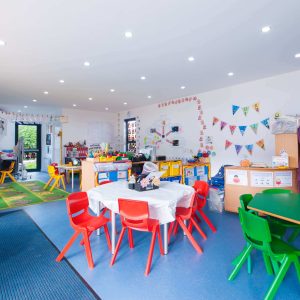Special education settings can present unique challenges when it comes to addressing behavior issues. With students who may have a range of disabilities and learning differences, it is important to have strategies in place to promote positive behavior and create a supportive learning environment. In this article, we will explore some effective ways to address behavior challenges in special education settings.
Understanding the Root Cause
One of the first steps in addressing behavior challenges in special education settings is to understand the root cause of the behavior. It is important to consider the individual needs and learning styles of each student to determine why they may be exhibiting challenging behaviors. This may involve working closely with other professionals, such as psychologists or behavior specialists, to conduct assessments and develop a comprehensive understanding of the student’s needs.
Creating a Positive Behavior Support Plan
Once the root cause of the behavior has been identified, it is important to create a positive behavior support plan. This plan should outline strategies for promoting positive behavior and addressing challenging behaviors in a proactive and positive manner. It may include strategies such as setting clear expectations, providing positive reinforcement, and teaching alternative behaviors to replace challenging ones.
Implementing Individualized Behavior Interventions
For students with more complex behavior challenges, individualized behavior interventions may be necessary. These interventions should be tailored to the unique needs of the student and may involve strategies such as social skills training, sensory integration techniques, or cognitive behavioral therapy. It is important to work closely with the student’s support team to develop and implement these interventions effectively.
Creating a Supportive Learning Environment
In addition to individualized interventions, creating a supportive learning environment is essential for addressing behavior challenges in special education settings. This may involve creating a structured and consistent routine, providing sensory-friendly accommodations, and fostering a positive and inclusive classroom culture. It is important to ensure that all staff members are trained in supporting students with diverse needs and that the physical environment is conducive to learning.
Collaborating with Families and Professionals
Collaboration with families and other professionals is key to effectively addressing behavior challenges in special education settings. It is important to maintain open communication with families to gain insight into the student’s behavior outside of school and to develop a consistent approach to addressing behavior challenges. Additionally, working collaboratively with other professionals, such as speech therapists or occupational therapists, can provide additional support and resources for addressing behavior challenges.
Monitoring and Adjusting Strategies
Finally, it is important to continuously monitor and adjust behavior strategies to ensure their effectiveness. This may involve collecting data on behavior incidents, evaluating the success of interventions, and making adjustments as needed. By staying flexible and responsive to the needs of students, teachers can create a supportive learning environment that promotes positive behavior and academic success.
In conclusion, addressing behavior challenges in special education settings requires a comprehensive and collaborative approach. By understanding the root cause of behavior issues, creating individualized support plans, and fostering a supportive learning environment, teachers can effectively address behavior challenges and create a positive and inclusive classroom environment for all students.







